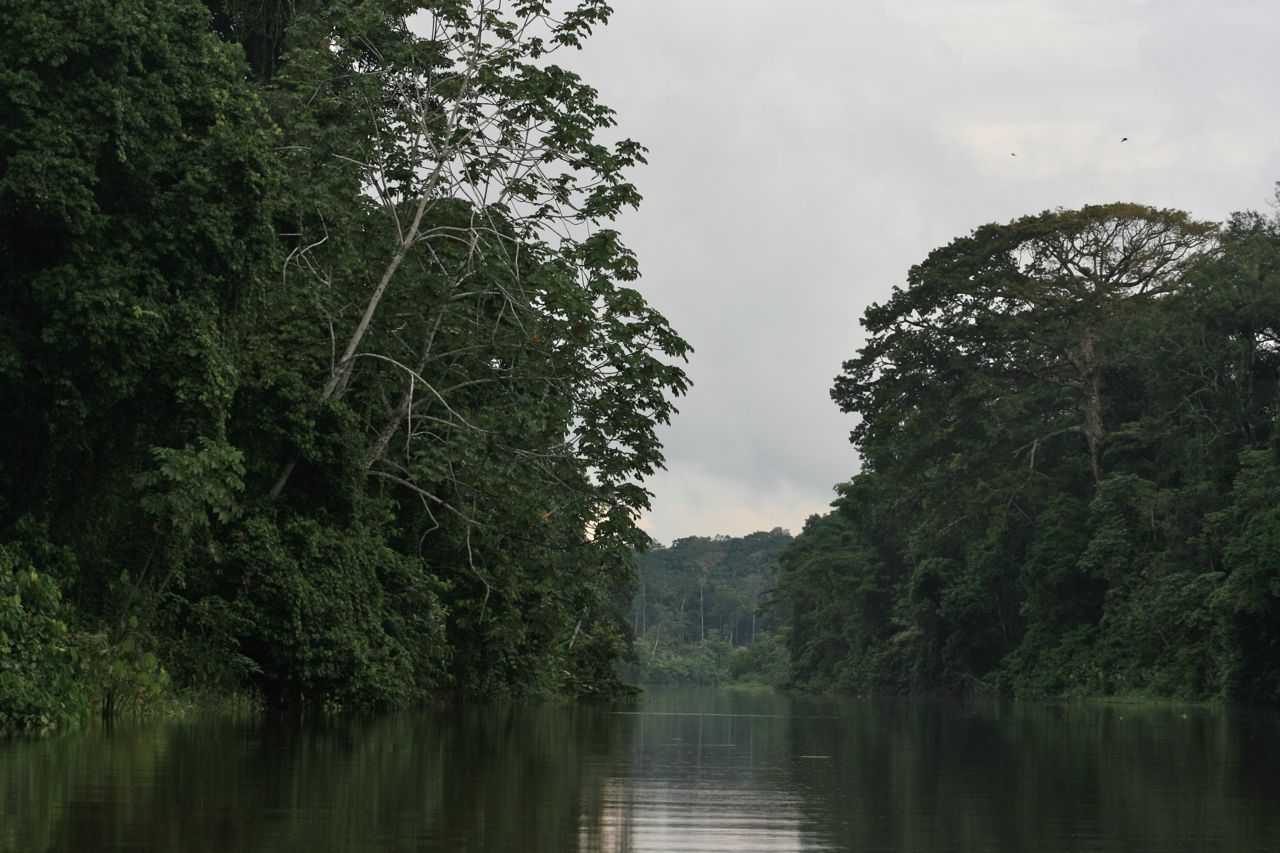Look at a political map of Canada, with its collection of neatly demarcated provinces and territories, and you see a map of divisions.
Look at a watershed map of Canada, and you will see how deeply connected we are — by the ponds, lakes, streams and rivers that flow out through 594 local watersheds into our five major watersheds: the Atlantic Ocean, Hudson Bay, Arctic Ocean, Pacific Ocean and Gulf of Mexico.
Our watersheds connect us, here in Canada and around the world. How we relate to those watersheds is, in turn, a measure of how we respect each other as communities and as a nation. On World Water Day, perhaps it’s time to examine those relationships.
I grew up in the Humber watershed of western Newfoundland, and now live in Toronto’s Humber-Don watershed. It never occurred to me that these places had anything in common until I began to study watersheds, and saw how these two regions, 2,400 km and four provinces apart, are both a part of the Atlantic Ocean watershed. And we share similar concerns about the impacts of the resource extraction economy on our environment, such as the impact of the Line 9 reversal in Ontario if there is a spill, or the unknown impact of potential fracking off Newfoundland’s west coast.
Canadian governments have, over many years, enacted legislation to protect water affected by development and extractive industries such as fishing, logging, mining or oil extraction. But in 2012, omnibus bills C-38 and C-45 enabled significant changes to those protections. Environmental assessment processes for resource extraction projects were shortened. The Navigable Waters Protection Act (NWPA), enacted in 1882 and therefore one of Canada’s oldest pieces of environmental legislation, was altered significantly to become the Navigation Protection Act (NPA), excluding more than 99 per cent of Canada’s lakes and rivers, many of them in resource-rich traditional Indigenous territories, from the environmental assessment that the NWPA once demanded.
Put another way, Ecojustice calculates that Canada contains at least 32,000 “major lakes” and 2.25 million rivers, and the NPA covers a short list of three oceans, 97 lakes and portions of 62 rivers.
These changes, created in part to ease the way for resource extraction, are a threat not just to the health of our waters and watersheds. They are also a challenge to our relationships with Indigenous peoples, on whose traditional territories these projects are being imposed, and who, by virtue of treaty and nation-nation relationships and the terms of the United Nations Declaration on the Rights of Indigenous Peoples, have a right to consultation and consent about what happens on those territories.
And we don’t just do business in our own watersheds. Our stock markets are the home of more than 60 per cent of the world’s mining ventures, and these companies are at work in watersheds from Guatemala to the Democratic Republic of Congo to the Philippines. What impact are companies having on those watersheds? And what happens to those who protest such development? Sometimes, it’s alleged, intimidation and even murder. This is the claim now before an Ontario court in Choc vs. HudBay, a corporate accountability case that has been allowed to move forward in Canadian courts. Yet there is no legislated guarantee that such cases will continue to come forward; there is no legal accountability in Canadian courts for Canadian activities in global watersheds.
I have been inspired in my work by many leaders and teachers, among them Anishinawbe Grandmother Josephine Mandamin, who with other Anishinawbe women and men carried water around each of the Great Lakes and Lake Montana between 2003 and 2012 as a sign of their commitment to protect the water. She said, “we are carrying the water for the generations to come. Our great grandchildren and the next generation will be able to say, yes, our grandmothers and grandfathers kept this water for us.”
On this World Water Day, we must continue what Josephine started. We may not walk around the Great Lakes, but we will seek to protect them and all that they are connected to, by re-building our environmental legislation and by working to make Canadian companies accountable for their activities in other peoples’ watersheds.
In so doing, we will honour our relationship with the watershed.
Sara Stratton, Member Relations and Campaigns Coordinator, KAIROS: Canadian Ecumenical Justice Initiatives
Check out these links for more information:



